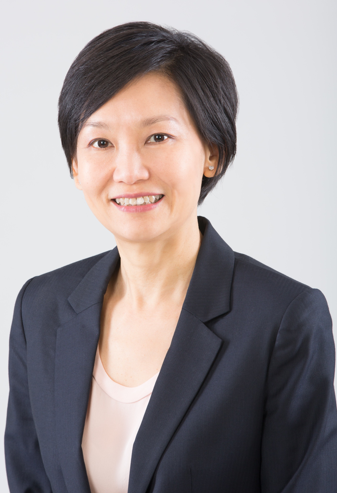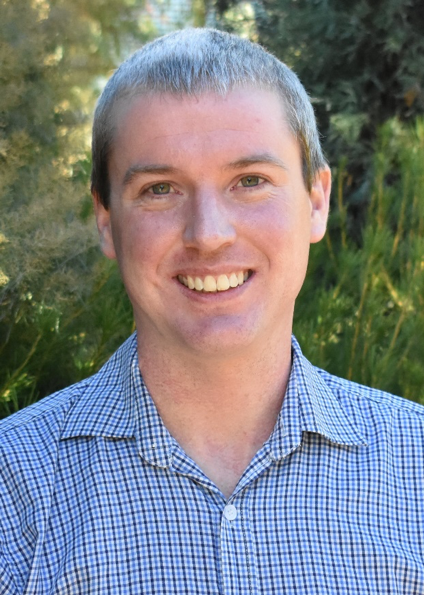Stream Leader: Caroline Rae
Invited Speakers
N.R. Jagannathan – All India Institue of Medical Sciences (MRI) . Study of Cancer Metabolism by MRI and in-vivo MR Spectroscopy.
. Study of Cancer Metabolism by MRI and in-vivo MR Spectroscopy.
Professor & Head of the Department of NMR & MRI Facility at All India Institute of Medical Sciences, New Delhi. Research interests are in clinical and pre-clinical cancer using MRI and MRS. Author or co-author of over 300 publications and 5 edited volumes. He is a Fellow of Indian Academy of Sciences (FASc, Bangalore); Fellow of National Science Academy (FNASc, Allahabad); Fellow of National Academy of Medical Sciences India (FAMS), Fellow of Indian National Science Academy (FNA, Delhi) and Fellow of International Society for Magnetic Resonance in Medicine (ISMRM, USA). He is the Associate Editor of Biophysical Reviews (Springer) and is a member of Editorial Boards of: (i) NMR Biomedicine (John Wiley); (ii) MAGMA (Springer); (iii) Magnetic Resonance Imaging (Elsevier); (iv) Magnetic Resonance Insights (Libertas Academica); and (v) Biomedical Spectroscopy & Imaging (IOS Press). Dr. Jagannathan is currently the President of Indian Chapter of ISMRM; Vice-President of Molecular Imaging Society of India; and member of Chapters Committees of ISMRM; member of Quantitative Imaging Network of NCI, NIH. He was the past President of Asian Biophysics Association (ABA) and Indian Biophysical Society (IBS).
Leigh Johnston – School of Chemical and Biomedical Engineering, University of Melbourne. Pathways to contrast in sodium MRI.
A/Prof Leigh Johnston is member of the Department of Biomedical Engineering at the University of Melbourne, a researcher in the Melbourne Brain Centre Imaging Unity, and Head of the Animal MRI facility at the Florey Institute of Neuroscience and Mental Health. Leigh’s research focus since 2005 has been Magnetic Resonance Imaging, following a PhD in statistical signal processing and postdoctoral work (Universite catholique de Louvain, Belgium and York University, Canada) in system identification and computer vision. Her research interests are in MRI acquisition and reconstruction, in particular sequence development for sodium imaging at 7T, and development of imaging analysis methods for application to brain disorders and diseases.
the University of Melbourne, a researcher in the Melbourne Brain Centre Imaging Unity, and Head of the Animal MRI facility at the Florey Institute of Neuroscience and Mental Health. Leigh’s research focus since 2005 has been Magnetic Resonance Imaging, following a PhD in statistical signal processing and postdoctoral work (Universite catholique de Louvain, Belgium and York University, Canada) in system identification and computer vision. Her research interests are in MRI acquisition and reconstruction, in particular sequence development for sodium imaging at 7T, and development of imaging analysis methods for application to brain disorders and diseases.
Jarryd Pla – School of Electrical Engineering and Telecommunications, University of New South Wales. Superconducting micro-resonators for high-sensitivity and high-resolution spectroscopy.
Dr Jarryd Pla is a Senior Lecturer in the School of Electrical Engineering and Telecommunications at UNSW. His research interests include spin-based quantum information processing and the application of quantum technologies to spin resonance spectroscopy. Jarryd was the recipient of the 2015 AIP "Bragg Gold Medal for Excellence in Physics", awarded for his work on demonstrating the first quantum bit based on a single atom in a silicon nanoelectronic device.
Pek-Lan Khong, Clinical Professor of Radiology and Head of Department of Diagnostic Radiology, The University of Hong Kong. Diffusion tensor MR imaging of treatment-induced white matter injury in childhood cancer survivors: clinical and translational studies.
Dr. Khong received her paediatric radiology training in The Birmingham Children's Hospital, U.K. and Boston Children's Hospital, U.S.A. Subsequently, she obtained her research post-graduate Doctor of Medicine (MD) degree in The University of Hong Kong. Her research focus in paediatric neuroradiology includes clinical applications of diffusion-MR imaging and translational research in neurological diseases. In the recent years, Dr. Khong's research interest has extended to include molecular imaging and hybrid-PET imaging in oncological diseases. She is a member of the International Society for Strategic Studies in Radiology (ISSSR), Fellow of the International Society of Magnetic Resonance in Medicine (ISMRM), and Fellow of the International Cancer Imaging Society (ICIS). Published works include 200 original articles in international peer-review journals on topics of Paediatric Neuroradiology, hybrid-PET imaging in Oncology, and Radiological Protection in Medicine.

Ian Harding, Monash Institute of Cognitive and Clinical Neurosciences & Monash Biomedical Imaging, Monash University, Melbourne, MR-PET Imaging of Neuroinflammation in the Human Brain
Dr. Ian Harding is an NHMRC Early-Career Research Fellow at the Monash Institute of Cognitive and Clinical Neurosciences & Monash Biomedical Imaging (Monash University, Melbourne, Australia). His research uses MRI and PET neuroimaging to investigate markers and mechanisms of neurodegeneration in rare neurological diseases, including inherited cerebellar ataxias and Huntington’s disease. He is the founding principal investigator of the ENIGMA-Ataxia International Neuroimaging Research Consortium, and founding co-convener of the Monash University Dementia & Neurodegeneration Research Network.

